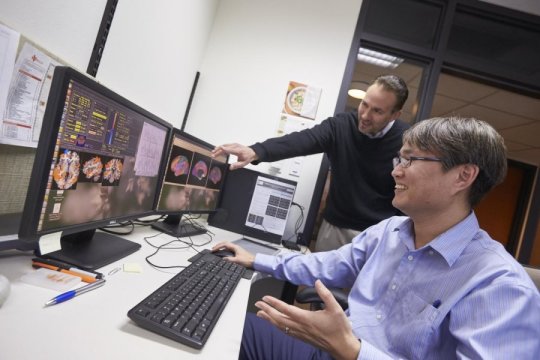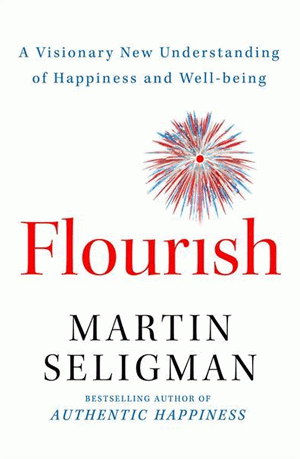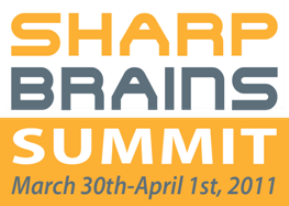Posts Tagged ‘veterans’
UT Dallas researcher secures $2.7m grant to better monitor and address TBI-related cognitive and functional deficits
Scientist Gets Grant for Study of Veterans with Traumatic Brain Injuries (UT Dallas release): A researcher from the Center for BrainHealth at UT Dallas has been awarded a $2.7 million grant from the Department of Defense (DoD) under the Joint Warfighter Medical Research Program. The grant, awarded to Dr. Daniel Krawczyk, deputy director of the…
Read MoreUpdate: Time to become mental capitalists and invest in our brains?
Time for the November edition of the monthly SharpBrains eNewsletter, featuring a wealth of resources and insights on how to invest in our brains, including topics such as brain health, meditation, neuropsychology, brain training games, chemo brain, dyslexia, neuroplasticity, cognitive biases, stress, and more. Not to forget a couple of fun teasers. Enjoy! Brain Fitness Q&A…
Read MoreA Course Correction for Positive Psychology: A Review of Martin Seligman’s Latest Book
(Editor’s Note: we are pleased to bring you this article thanks to our collaboration with Greater Good Science Center). A Course Correction for Positive Psychology A review of Martin Seligman’s latest book, Flourish: A Visionary New Understanding of Happiness and Well-Being. — By Jill Suttie As president of the American Psychological Association in 1998, Martin Seligman challenged…
Read MoreGabrielle Giffords’ recovery and Cognitive Rehab Insurance Coverage Gap
Giffords’ recovery renews focus on coverage gap for veterans (Miami Herald): — “Doctors and rehabilitation specialists have learned a great deal from the treatment of traumatic brain injuries in combat veterans of Iraq and Afghanistan. One in five veterans of those wars has suffered some form of traumatic brain injury, most commonly concussions from roadside bombs.”…
Read MoreCan Brain Fitness Innovation Enhance Cognitive Rehab and Driving Safety?
Today we share must-read insights from Katherine Sullivan, Director of the Brain Fitness Center at Walter Reed Army Medical Center, and Peter Kissinger, President of the AAA Foundation for Traffic Safety. Both of them will discuss their ongoing work and lessons learned at the upcoming 2011 SharpBrains Summit (March 30th — April 1st, 2011). The interviews…
Read More



